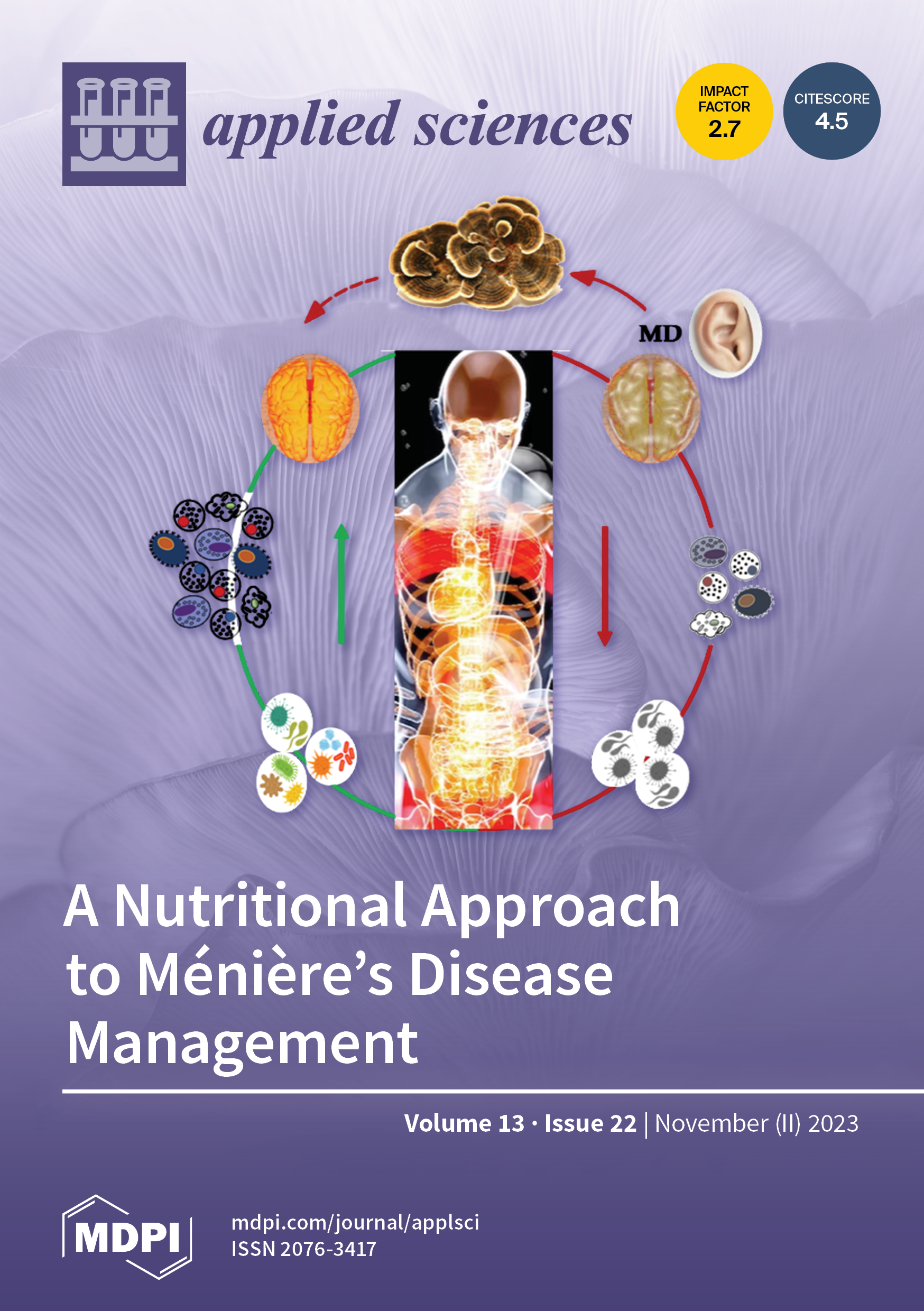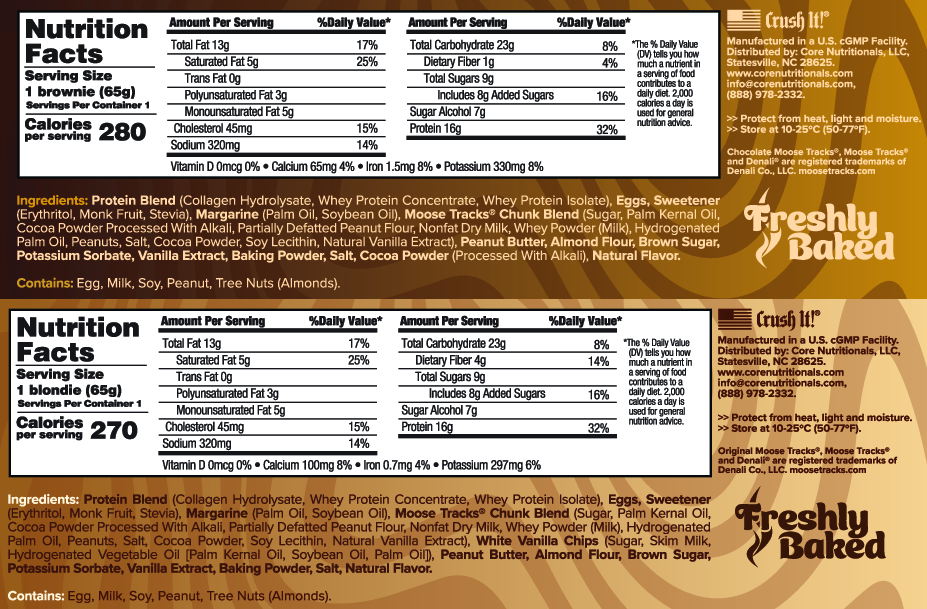Moose meat is high in protein and low in fat, making it a nutritious choice. Moose meat is a lean source of protein that is rich in minerals like iron and zinc.
It is lower in fat and cholesterol compared to traditional meat options like beef or pork. In addition, moose meat is a good source of B vitamins, which are essential for energy production and overall health. The meat has a unique flavor that is often described as rich and slightly sweet, making it a versatile ingredient for various dishes.
Whether grilled, roasted, or used in stews, moose meat offers a flavorful and nutrient-dense option for those looking to diversify their protein sources.

Credit: www.bowhunter.com
The Moose: A Nutritious Game Meat
Lean Protein Source
Moose meat is a lean protein source low in fat and high in essential amino acids vital for muscle growth and repair.
Rich In Essential Nutrients
Moose meat is rich in essential nutrients including iron, zinc, and B vitamins which are important for overall health.
Moose Meat Health Benefits
Moose meat offers various health benefits due to its nutrient-rich profile.
High Protein Content
Moose meat is an excellent source of high-quality protein, essential for muscle repair and growth.
Vitamins And Minerals
Rich in vitamins like B12 and minerals such as iron, moose meat supports overall nutritional well-being.
Low Fat And Cholesterol
Moose meat is low in fat and cholesterol, making it a heart-healthy red meat option.
Cooking And Incorporating Moose Meat
Moose meat is a lean and flavorful protein source that offers several nutritional benefits. When it comes to cooking and incorporating moose meat into your diet, there are numerous healthy methods and mouth-watering recipes to explore. Below, we explore the healthy cooking methods and share some delicious recipes and meal ideas that will help you savor the nutritional goodness of moose meat.
Healthy Cooking Methods
Cooking moose meat in healthy ways can help preserve its nutritional value and enhance its flavor. Grilling and roasting are excellent cooking methods that allow the natural flavors of moose meat to shine without adding excess fat. Broiling is another healthy option that gives the meat a caramelized crust while allowing excess fat to drip away.
Recipes And Meal Ideas
Incorporating moose meat into your meals opens up a world of culinary possibilities. Whether you’re in the mood for a hearty stew or a flavorful stir-fry, moose meat can elevate your dishes with its distinct taste. Check out the following meal ideas and recipes to inspire your next moose meat-based creation:

Credit: www.mdpi.com
Considerations And Cautions
Before incorporating moose meat into your diet, there are a few important considerations and cautions to keep in mind. It’s crucial to be aware of where this meat comes from and how its consumption might impact both your health and the environment. Let’s explore these aspects in further detail under the subheadings of sourcing and sustainability, as well as health considerations.
Sourcing And Sustainability
When it comes to sourcing moose meat, it’s essential to ensure that it comes from a reputable and trustworthy source. This not only guarantees the quality and safety of the meat but also contributes to the overall sustainability of moose populations. Hunting practices should be conducted legally and responsibly, with strict adherence to local regulations and conservation efforts.
Moose meat is typically obtained by hunters during hunting seasons. It’s important to support sustainable hunting practices that focus on maintaining the delicate balance between wildlife conservation and human consumption needs. By sourcing and purchasing moose meat from legal and sustainable sources, you contribute to the preservation of ecosystem equilibrium.
In terms of environmental impact, it’s worth noting that moose hunting plays a significant role in population control. Moose populations, when left unmanaged, can increase rapidly, leading to overbrowsing and damage to natural habitats. Responsible hunting practices help maintain a healthy balance within ecosystems and promote sustainable wildlife management.
Health Considerations
Moose meat is known to be high in various nutrients that are beneficial for human health. However, there are important health considerations to bear in mind. First and foremost, it is crucial to ensure that the meat is properly handled, stored, and cooked to prevent any foodborne illnesses.
Like any wild game meat, moose meat may carry parasites and bacteria. Therefore, it is recommended to cook moose meat thoroughly, ensuring that it reaches an internal temperature of 160°F (71°C). This helps eliminate any potential health risks associated with consumption.
In addition, individuals with certain health conditions, such as gout or kidney issues, may want to exercise caution when consuming moose meat. Moose meat contains purines, which can contribute to uric acid production in the body. Therefore, moderation is key, and it’s advisable to consult with a healthcare professional if you have any concerns.
Overall, while moose meat offers a range of nutritional benefits and can be a delicious addition to your diet, it’s crucial to source it responsibly and prepare it safely. By being mindful of these considerations and cautions, you can enjoy the unique flavors and potential health benefits that moose meat has to offer.
Cultural And Historical Significance
Moose meat holds a prominent place in both Indigenous traditions and modern consumption trends. For centuries, Indigenous communities have relied on this lean and nutrient-rich meat as a vital source of sustenance, while today it continues to be cherished as a delicacy and a way to connect with cultural heritage. Let’s explore the cultural and historical significance of moose meat.
Indigenous Traditions
Indigenous communities have a longstanding relationship with moose meat, deeply rooted in their cultural practices and beliefs. For generations, moose hunting has been a sacred activity, symbolizing the vital connection between humans and nature. The importance of this animal in Indigenous traditions is reflected in the careful and respectful way it is hunted, prepared, and shared within communities.
Hunting moose is not only seen as a means of obtaining food but also as a spiritual and ceremonial experience. Indigenous hunters often express gratitude to the moose spirit for its sacrifice, offering prayers and ceremonies that honor the animal’s life and contribution to their survival. The meat is then shared with the community, promoting unity and reciprocity.
Modern Consumption Trends
In recent years, moose meat has gained popularity among modern consumers who seek healthier, sustainable, and locally sourced alternatives to conventional meats. The nutritional benefits and unique flavor of moose meat have captured the attention of chefs, food enthusiasts, and health-conscious individuals.
Moose meat offers a range of essential nutrients such as protein, iron, and B vitamins. Its lean nature makes it an excellent choice for those looking to maintain a well-balanced diet. Moreover, being lower in fat and calories compared to beef or pork, it has become a preferred option for individuals seeking to manage their weight effectively.
In addition to its nutritional value, moose meat represents a connection to the land and a way to support local economies. Many regions with moose populations have seen an increase in eco-tourism, where visitors can experience hunting and taste moose meat prepared in traditional and innovative culinary ways, supporting local culture and sustainable practices.
Whether consumed as a way to honor Indigenous traditions or as a healthier and sustainable protein option, moose meat continues to hold cultural and historical significance. It not only nourishes our bodies but also carries the stories and legacy of communities deeply connected to the land and its bounties.

Credit: blog.priceplow.com
Frequently Asked Questions On Moose Meat Nutrition Facts
What Are The Nutrition Facts Of Moose Meat?
Moose meat is a rich source of protein, vitamins, and minerals. It is low in fat and cholesterol, making it a healthy choice. It provides essential nutrients like iron, zinc, and B vitamins. The lean meat helps in muscle growth and repair, supports the immune system, and promotes overall health.
How Does Moose Meat Contribute To A Healthy Diet?
Incorporating moose meat into your diet can offer a range of health benefits. The lean protein in moose meat helps in building and repairing tissues, aids in weight management, and improves satiety. It also contains essential amino acids that are crucial for a healthy body and supports overall well-being.
What Are The Advantages Of Consuming Moose Meat?
Consuming moose meat has several advantages. It is a sustainable and natural protein source that is low in fat and high in nutrients. It provides essential minerals like iron and zinc, which are beneficial for energy production and immunity. Additionally, moose meat offers a unique and savory taste, adding variety to your meals.
Conclusion
Understanding the nutrition facts of moose meat can help you make informed dietary choices. With high protein content and essential nutrients, moose meat offers a healthy and sustainable option for carnivores. Incorporating it into your diet can provide numerous health benefits and contribute to a balanced and nutritious lifestyle.


